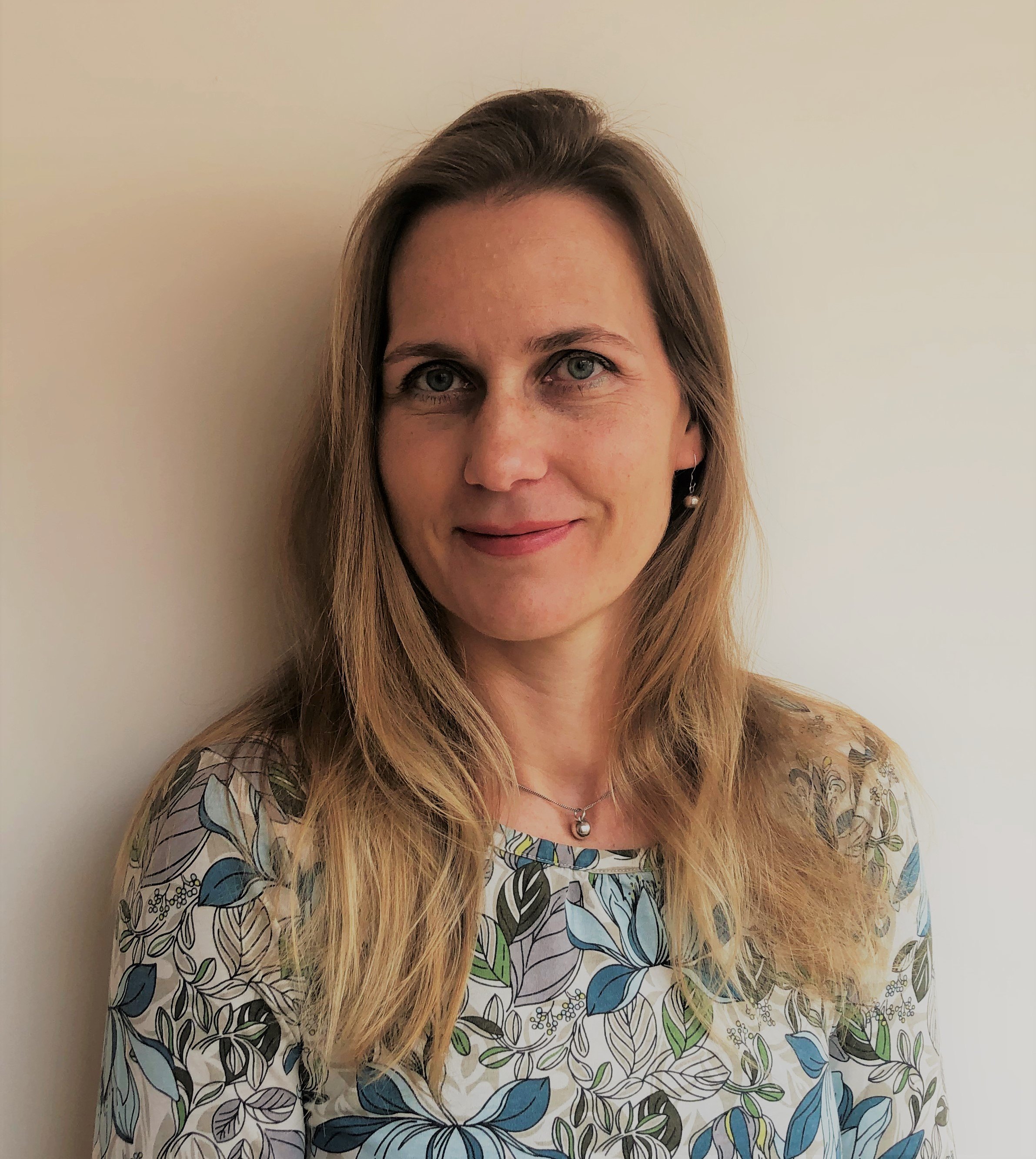Dr. Apolka Ujj - MATE Research
Overview
Dr. Apolka Ujj is an agricultural engineer, environmental management engineer, and associate professor teaching sustainable and ecological farming, social farming, and sustainable soil tillage. Specialized in land use and land management, conservational tillage in ecological agriculture, her research topics are coupled with international cooperation and project management (Hungarian coordinator of the Pilot Programme on Agroecology; Hungarian coordinator of BIOTACC, SOFarEDU, SOURCE, Hortus Medicus, ETICOF and CATALyST projects and consortium leader of ECOVOC, ECO-Motive, Social farms in V4 countries Visegrad Project, REVITALIST and trAEce projects) where the topics include organic farming, development of social farm management and agroecological knowledge transfer. She is a member of the Hungarian Agroecological Network and the International Soil Tillage Research Organization.
Research keywords:
Publications
Organic farming:
The potential of organic farming and its comparison with conventional farming (practical implementation of farming, consumer habits, challenges, opportunities).
https://doi.org/10.17221/217/2023-AGRICECON
https://doi.org/10.3390/su15118838
https://doi.org/10.3390/agriculture14010091
Agroecology:
Implementation of agroecology at the farm level including good practices such as composting, intercropping, and reduced tillage with special attention to the social aspects of agroecology.
https://doi.org/10.3390/agronomy13051319
https://doi.org/10.3389/fsufs.2023.1288481
https://doi.org/10.3390/agriculture13020419
Multifunctional agriculture, Social farming:
Social farming as one of the outstanding examples of multifunctional agriculture. Current practices, challenges and possibilities of social farm management in Hungary.
Projects
Project no. 1.: Hortus Medicus: Horticultural Therapy Education Tools in Action
There is more and more research and evidence on the complex beneficial effect of horticultural therapy and therapeutic horticulture on human health, yet the use of this nature-based solution is not practiced in all of Europe, especially in Eastern European countries, like Hungary and Romania. The goal of the Hortus Medicus project consortium partners is the spread of therapeutic horticulture in those countries and all of Europe.
Project no. 2.: trAEce: Agroecological Vocational Training for Farmers
Experts from 6 institutions in 5 European countries worked together and exchanged experiences to promote a clear, practical approach to agroecology at the decision-making level and to provide training tools for farmers and instructors which assist in integrating agroecological principles into practice. Accordingly, the project partners developed their country-specific agroecology situation analysis, which identifies relevant political discourses, regulations, actors, practices, networks, etc. while documenting a comprehensive view of the level of knowledge of farmers regarding agroecology (AE)-based activities. Based on the situation analysis, an AE vocational training program designed for farmers was elaborated and refined by the project team and accompanied by written and visual learning materials with the results of trial sessions incorporated.
Project no. 3.: ETICOF: Education, training and innovations in conversion to organic farming
Partner institutions from Slovakia, the Czech Republic, Hungary, and Germany joined their forces in the project to support higher education and lifelong learning in the field of organic farming and conversion to organic farming. The objective of the project is to create innovative (interactive, practice-oriented) teaching/learning materials, updated and complying with the latest trends and regulations in organic farming. The curriculum on organic conversion, farmers survey and evaluation on practical experiences in conversion to organic farming, pedagogical guide, a set of educational modules and related educational texts for higher education, and handbook for training practitioners will be the main project results.
Project no. 4.: SOURCE: Boosting Social and Organic farming for inclusive and sustainable growing economies
The project strengthened the connection between social farming and organic farming by supporting the upskilling processes of farmers and aspirants to spread organic and social farming for sustainable and inclusive ecosystems. The project contributed to improving the existing training practices and designed a common VET syllabus for the so-called “social organic farmer” by boosting green innovation and the transition to sustainable production and inclusive societies in the future.





